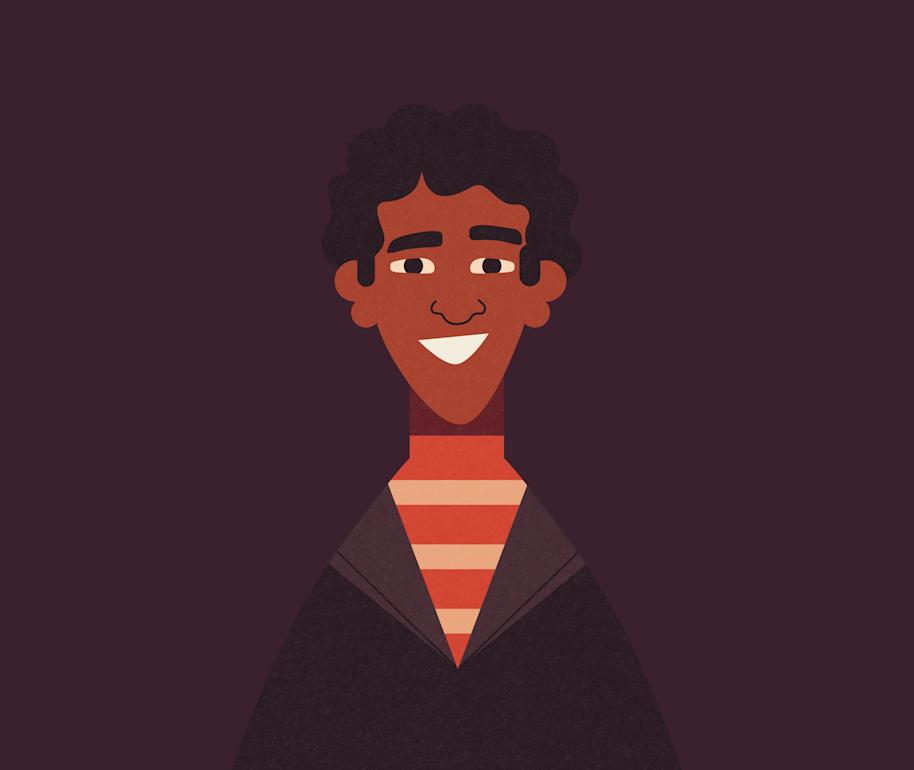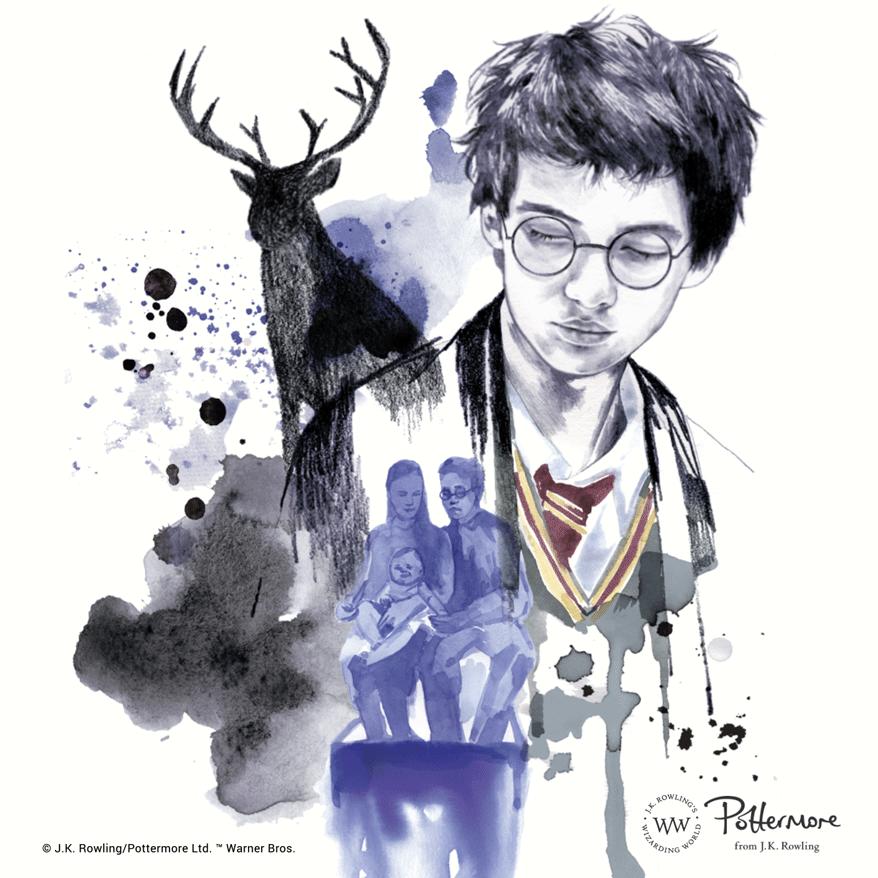
The best-loved characters in the world of Harry Potter tend towards classic heroic archetypes. Courageous Harry, say, or thoughtful Hermione. Wise Dumbledore, or the upstanding, moral McGonagall. Arguably most adored still are those with a ‘zero to hero’ story arc – a certain Neville Longbottom comes to mind.
But what of those who play by their own rules? The loveable rogue is a popular trope across all of popular culture – the rule-bending freestyler who marches to their own beat. We’re drawn to these quicksilver chancers because, unlike the more traditional 'goodies' mentioned above, they actively defy the established order – and usually wind up saving the day anyway.
To be sure, rotten behaviour for its own sake is always odious, and is very much the reason the first book isn’t called Crabbe and Goyle and the Philosopher’s Stone. So what are the tell-tale characteristics that set loveable rogues apart from common-or-garden variety villains?
They use their instincts

Passion is a very distinctive feature: the potent urge to follow one’s gut instinct, often in spite of consequences and frequently in a risky fashion. Like Sirius Black, when he abandoned young Snape to the mercy of the Shrieking Shack, or his murderous wrath toward wretched Pettigrew. Not good behaviour. Fortunately, his friends were able to rein in the worst of his excesses, enabling the finer aspects of his nature – loyalty, protectiveness and courage – to really shine through.
They’re independent

Independence, and its close cousin self-reliance, are also common to many loveable rogues, in real life and across popular culture. It should be no surprise at all that, growing up in a house with six brothers, Ginny managed to fit this archetype perfectly, standing up for herself fearlessly against Draco when he was being ghastly to her family. Her later husband Harry found Ginny's fierce wilfulness extremely attractive.
They use biting wit

Ginny also exhibited a lively sense of humour, impressing her Dumbledore's Army cohorts with a spot-on-impression of loathsome Professor Umbridge's cough. Quick-wittedness is certainly another feature common to many a loveable rogue. Few exemplified this silver-tongued, gift-of-the-gab superpower like Lee Jordan. In the commentary box for Quidditch, or in his seat at the back of the class, Jordan’s devastating one-liners would often get him in hot water with authority.
But far from being just a flippant joker, he proved he could function on a whole new level as, when the chips were down, he bravely put his powers to good use as a broadcaster on the Potterwatch pirate radio station.
They have charisma

A certain conventional attractiveness also has its place in the loveable rogue’s armoury. At the very least it can disarm and distract, as seen in Fantastic Beasts And Where To Find Them (2016) when Queenie remarked to a transparently smitten Jacob, ‘Aw, don't worry, honey. Most guys think what you was thinking, first time they see me.’
However, merely being easy on the eye will only get you so far (it’s what’s inside that counts, of course). And it was Queenie’s warm nature, quick wit and adroit skills as Legilimens, that really ended up setting her apart.
They might have special skills

To be a loveable rogue of any note, it also helps to be gifted in an unusual way. Tonks' astonishing skill as a Metamorphmagus made her devastatingly effective as an Auror. In keeping with her free spirit, it also enabled her to tweak her own appearance to amuse others, and moreover herself.
They have a code of conduct

The main thing that separates a charming scallywag from a nefarious villain is that loveable rogues tend to have an internal code of ethics they live by. Which is to say, they may flout the rules and conventions of polite society, but at least stay true to their own moral compass.
Although reckless and fond of drink, Hagrid took great pride in his loyalty to animals, be they giant spiders or lowly Blast-Ended Skrewts, even if it was scorned by those in authority. And for this behaviour, you can only admire him.
They can learn from their mistakes

Most telling, however, of the loveable rogue personality is a sense that they’ve put their wild days behind them and are, at least to some degree, on the road to maturity. James Potter exemplified this perfectly – a gifted young wizard, prone to arrogance and not shy of bullying if it got a laugh out of his peers, he learned to temper his worst impulses and went on to make the ultimate sacrifice for his son.



